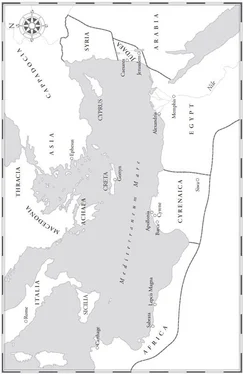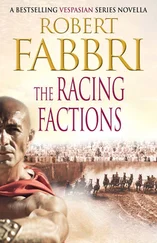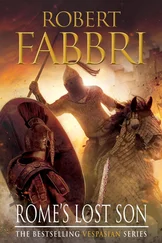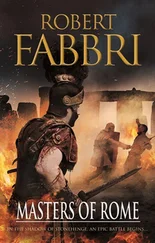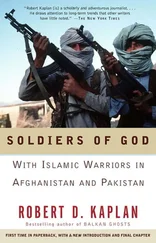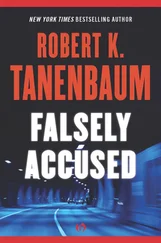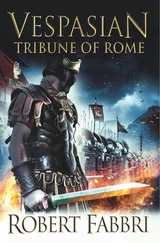Time seemed to slow; sound became muffled and indistinct as Vespasian suppressed his horror. With his feelings wiped from his face, he held Caligula’s gaze for a moment and knew then that the Emperor had been wrong: he would be killed and his death would be soon; how could it not be so?
But who would stand in his place?
Vespasian turned and stared, his face still impassive, at Claudius, the only direct adult heir of the Julio-Claudian line, twitching and drooling in lust at the sight of Clementina’s body while unconciously cupping Messalina’s breast. He saw Messalina and her brother, Corvinus, both staring at Clemens and then share a brief, satisfied look of ambition. Vespasian understood what Corvinus had knowingly set in motion when he had seized Clementina, the sister of the prefect of the Praetorian Guard, and brought her here for his master to defile — Corvinus knew that Messalina could ultimately benefit, for what choice as emperor was there other than her future husband?
Vespasian looked past Messalina to Caligula’s sister, Agrippina, who was staring with loathing at her while holding her carrot-topped infant — another male heir but far too young. His eyes moved on to Caesonia Milonia, swelling with Caligula’s seed, looking haughtily down her long nose at the other two women, and he knew that the fruit of her belly could not be allowed to survive the Emperor’s death. It would be Claudius, he thought, certain now. He looked back at the malformed man whose erection protruded shamelessly from under his tunic. This would be the best that Caesar’s line could offer. For how long could that be tolerated?
The wavering note of a pipe pierced his consciousness and from that germ the song of the Phoenix filled the silence within his head. Thrasyllus’ prophecy came unbidden behind it and, as his gaze lingered on the heirs of Caesar, Vespasian knew for an instant the question that would one day take him back to the Temple of Amun at Siwa. It disappeared as quickly as it had come as sound flooded back into his ears and time ground back up to its unrelenting pace.
Clementina looked first at her husband and then her brother, her eyes pleading, but they could do nothing as the arbitrator of life and death dragged her out of the dining room.
The door closed; Clementina screamed; Clemens walked over to the brothers and whispered into Sabinus’ ear: ‘Not here, not now, but at a time and place of my choosing, together.’
Sabinus gave the faintest of nods as tears streamed down his face and, for the first time in his life, Vespasian feared for his brother: the man whose sense of honour would be strong enough to overrule his judgement.
And then he began to fear for himself; he knew that when Sabinus next returned to Rome it would be with death in his heart and he, Vespasian, would be forced to make the choice between turning his back on the sacred bonds of blood or aiding his brother in assassinating an emperor.
